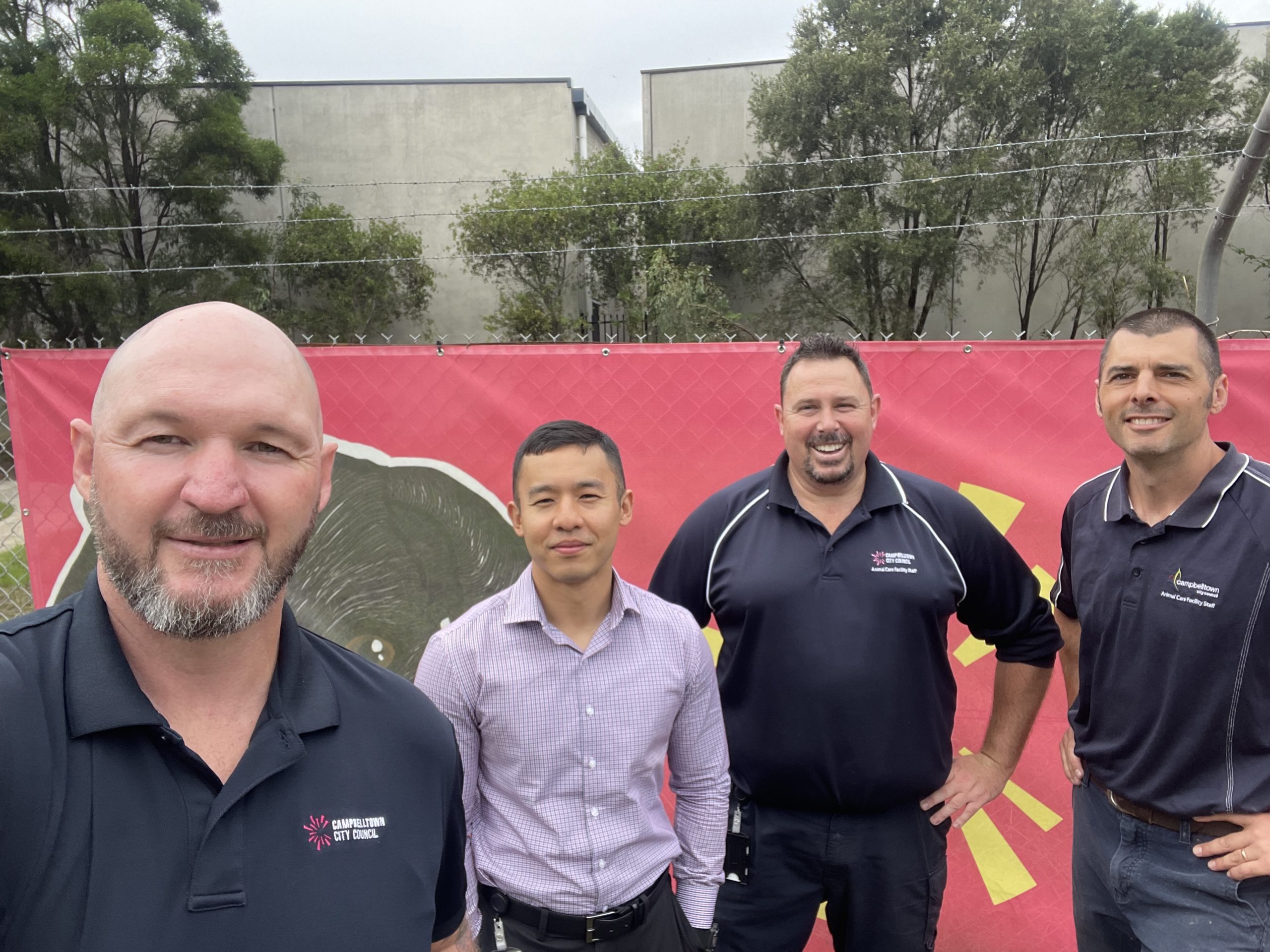
How the RSL Veterans’ Employment Program helps employers hire veterans
Veterans returning to civilian life bring a wealth of skills employers want. Initiatives like the RSL Veterans’ Employment Program help connect willing organisations with these talented workers.
At a glance:
- Army veteran Mark Bransdon started looking for civilian work right before the COVID-19 lockdown and struggled to find a role.
- After landing a position at Campbelltown City Council, he designed and implemented a program at his workplace to help veterans like himself find work in local government.
- Mark now collaborates with RSL LifeCare to ensure more veterans have access to the resources and advice they need to secure meaningful employment.
This article discusses suicide, self harm and other issues that may impact veterans. If this raises issues for you, find assistance from:
- Open Arms 1800 011 046
- Suicide Call Back Service: 1300 659 467
- Lifeline: 13 11 14
A career in Defence provides the skills and mindset employers desire the most – along with the on-the-job training and qualifications, veterans emerge adaptable, resilient and determined.
Despite this, veterans can struggle to find work in civilian life. Employers might be interested in the skills and experience of veterans, but the challenge for veterans is often communicating their training and qualifications in a way that makes sense to civilian employers.
Veteran Mark Bransdon was medically discharged as a Warrant Office in late 2019 after 22 years in the Army. After a tough few months looking for work, the first COVID-19 lockdowns came and made the task that much harder.
“I went from working every day to being stuck at home,” he says. “That affected me pretty badly.”
The job hunt proved uninspiring, to say the least.
“For my entire career I’d heard people say, ‘When you get out, you’ll find a job straight away’. But if you don’t know what your strengths are and you don’t know how to sell them to an organisation, they’re not going to take the time to identify them for you.”
Things changed when he learnt of a vacancy at Campbelltown City Council.
“I struck gold with a hiring manager who has been a defence spouse for 20 years,” he says. “She explained the role in terms I could understand. I learnt what was expected in council, to the point that I felt confident enough to submit my CV and cover letter – and was very quickly offered an interview.”
He ultimately wasn’t successful in applying for that role, but Mark found a position the next time he applied. It was perfect for him – Learning and Development Officer.
One of the first things he did upon starting was set up a veterans’ program to help people facing the challenge he just overcame. The program not only assists veterans looking for meaningful work, it makes it easier for employers to use the talents that the veteran community provides.
“Veterans possess highly sought after attributes that all organisations yearn for,” he says. “Leadership, communication, problem-solving and teamwork are all transferable skills from the military.
“Veterans have operated in some very complex and evolving environments, and to be successful they need to be resilient, flexible and adaptable.”
Despite the fact that these are the very skills many employers are looking for, not enough of them go to the lengths required to ensure they engage with veteran jobseekers, says Mark.
Teaming up with RSL LifeCare Veteran Services
To ensure Campbelltown City Council’s program was not limited by either geography or demography, Mark was determined to make it a team effort.
“I was very very mindful from the get go that I didn’t want to reinvent the wheel,” he says. “There are more than 3,500 ex-service organisations in Australia. I wanted to develop a program that would complement other programs.”
That’s where RSL LifeCare comes in.
Mark says the work RSL LifeCare does to support veterans through initiatives such as the RSL Veterans’ Employment Program is invaluable..
“When you leave the military, you’re not leaving a job, you’re leaving a way of life,” he says. “That doesn’t happen overnight. It’s been two and a half years since I was discharged and I’m still transitioning; I still struggle with the real world now that I’m out of the bubble.”
Mark says it is critical to support veterans after they leave service because their mental health can depend on it. The rate of suicide in the veteran community is high.
“We lost another soldier last week, and another the week before,” he says. “But RSL LifeCare is there to provide support, and that doesn’t stop when someone finds employment. That’s why I jumped at the opportunity for RSL LifeCare to be a part of our program.”
The RSL Veterans’ Employment Program offers career counselling, job application and interview coaching, and, critically, connections to employers that appreciate the unique combination of qualifications, skills, training and experience veterans have to offer.
Veteran expertise in action
Mark gives a prime example of a veteran putting their skills to use in local government.
“The CEO of the Uralla Shire Council, near Armidale, is a veteran,” he remarks. “She spent more than 20 years in the Army in transport, and is now leading the council. It goes to show that any position in local government can be tailored to veterans.”
In his eyes, there is significant overlap between working in Defence and in other areas of public service.
“When you’re in the military, you serve the nation, and when you work for a local government, you serve the community,” he says. “In council, you’re working with like-minded individuals.
“It’s not about profits, it’s not about a huge income; it’s about giving back to the community.”
This attitude is reflected by Mark and the RSL LifeCare team. They are all specialists in supporting ADF members to transition their military skills and experience for a civilian career, and their services are available for all veterans across NSW to access for free. Across the rest of the nation, the RSL Veteran’s Employment Program is also available.
“A lot of associations and businesses out there say they support veterans,” says Mark. “But I know for a fact that RSL LifeCare is doing it for the right reasons.”
Regardless of whether they’re in their twenties and early in their careers or more senior, veterans have a range of skills that are valuable to any employer. Call 02 8088 0388 or visit www.rsllifecare.org.au/veteran-services to learn more about how RSL Veterans’ Employment can support you in bringing them on board.
*The RSL Veterans’ Employment Program is delivered in New South Wales by RSL LifeCare on behalf of RSL NSW.
Search the blog
News & Stories
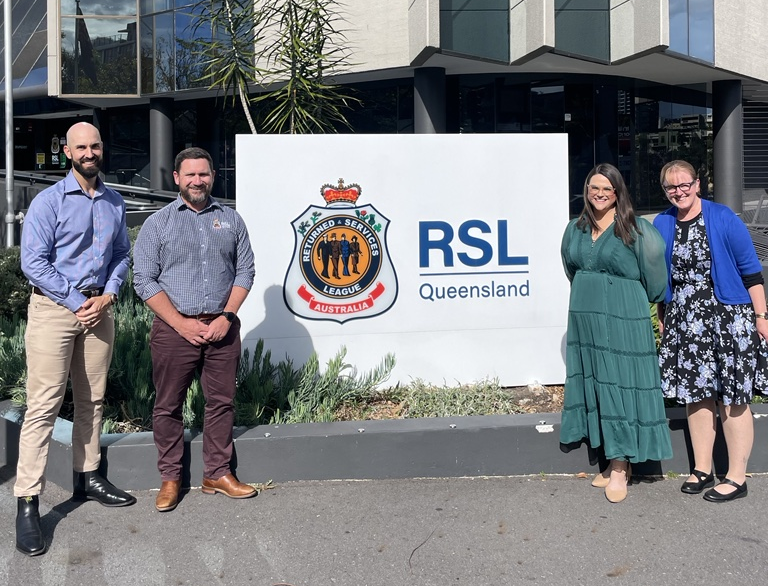
05 Feb 2024
NSW veteran employment prospects enhanced as RSL LifeCare partners with RSL Queensland
To further enhance the employment prospects of veterans and their partners, RSL LifeCare Veteran Services has today announced its...
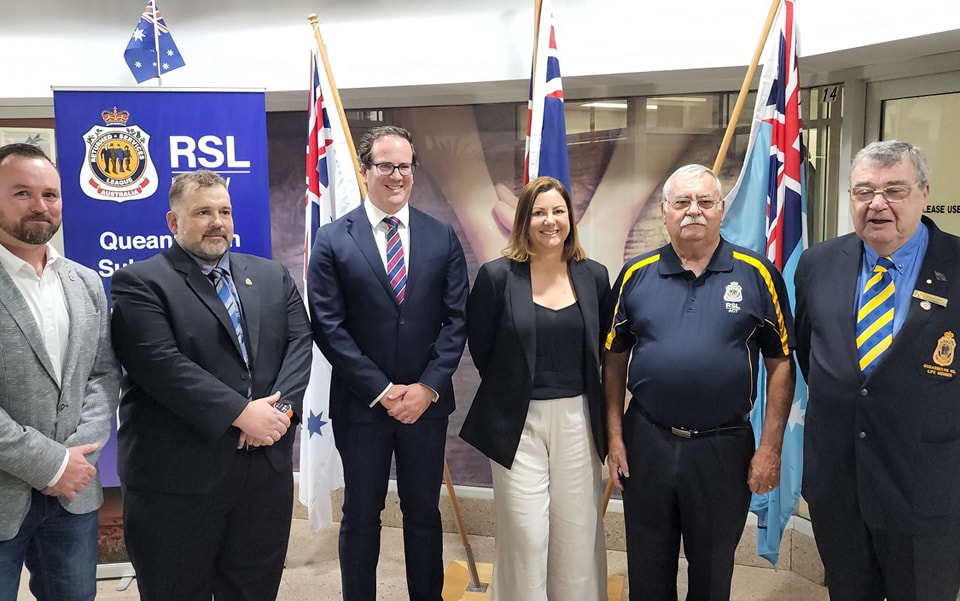
23 Jan 2024
RSL LifeCare receives $5.445 million in funding to deliver a new Veteran Wellbeing Hub in Queanbeyan
RSL LifeCare, in partnership with RSL NSW, will receive a $5.445 million grant from the Federal Government to develop...
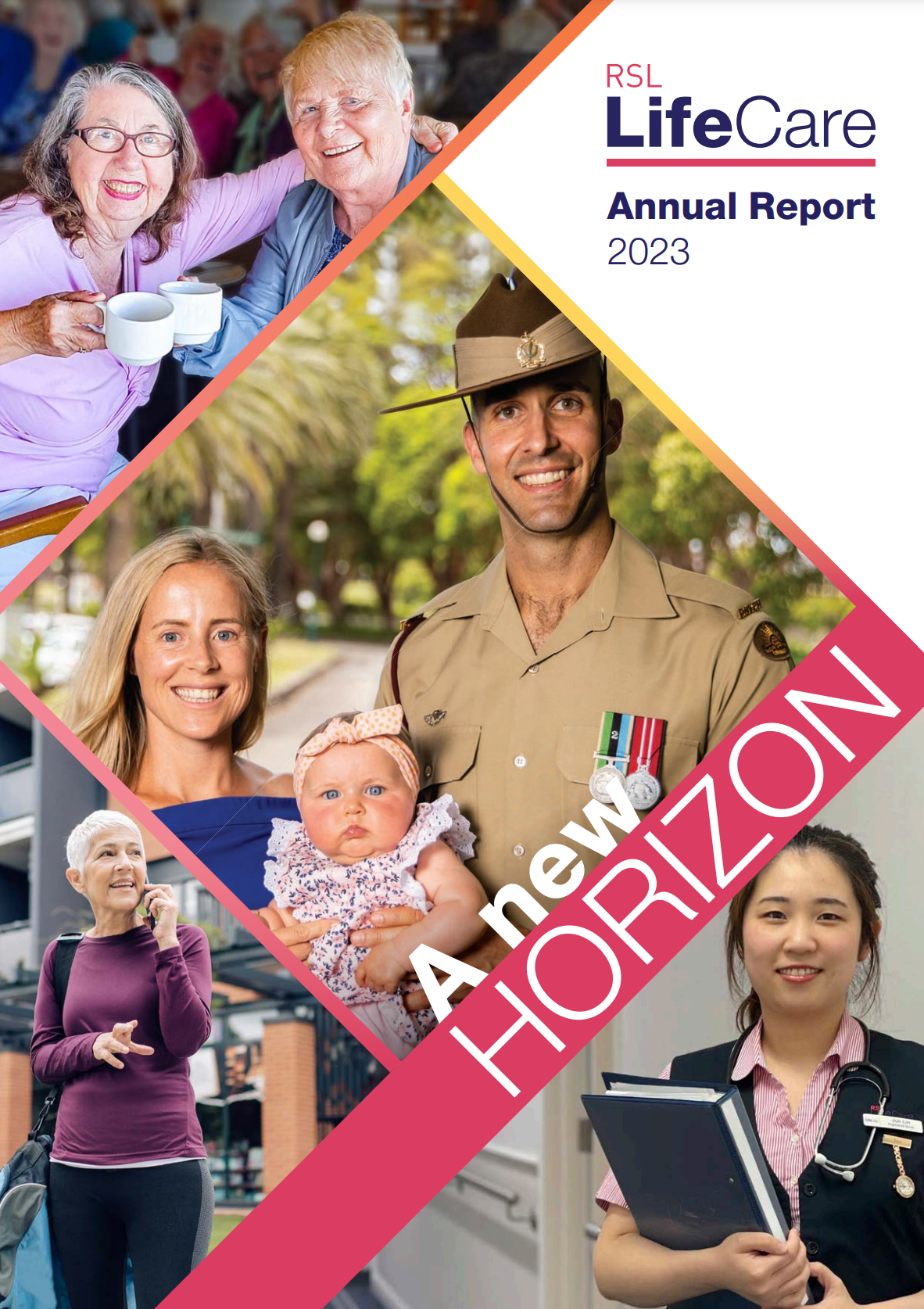
11 Dec 2023
RSL LifeCare Annual Report 2023
We are pleased to announce the 2023 RSL LifeCare Annual Report is now available to view via flipbook or...

27 Nov 2023
Positive impact of Intergenerational Relationships
The power of intergenerational relationships has been demonstrated on ABC’s Old People’s Home for Teenagers, featuring residents from RSL...
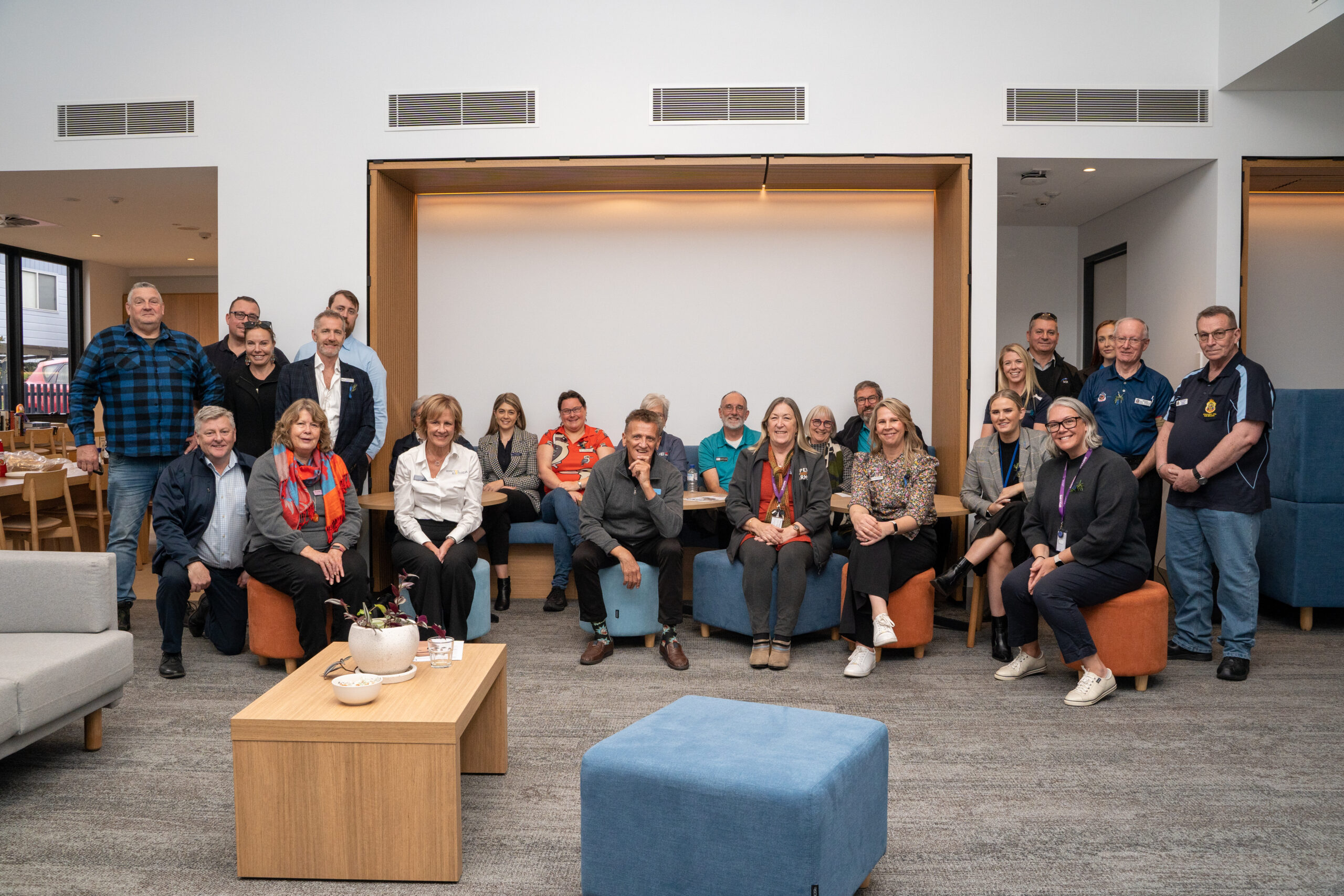
23 Nov 2023
RSL LifeCare secures $1.7 million funding to establish Central Coast Veteran and Family Hub and $243,000 for a centre at Bardia Barracks
RSL LifeCare has received $1.7 million in funding from the Albanese Government’s Veteran Wellbeing Grants One-Off Program to establish...
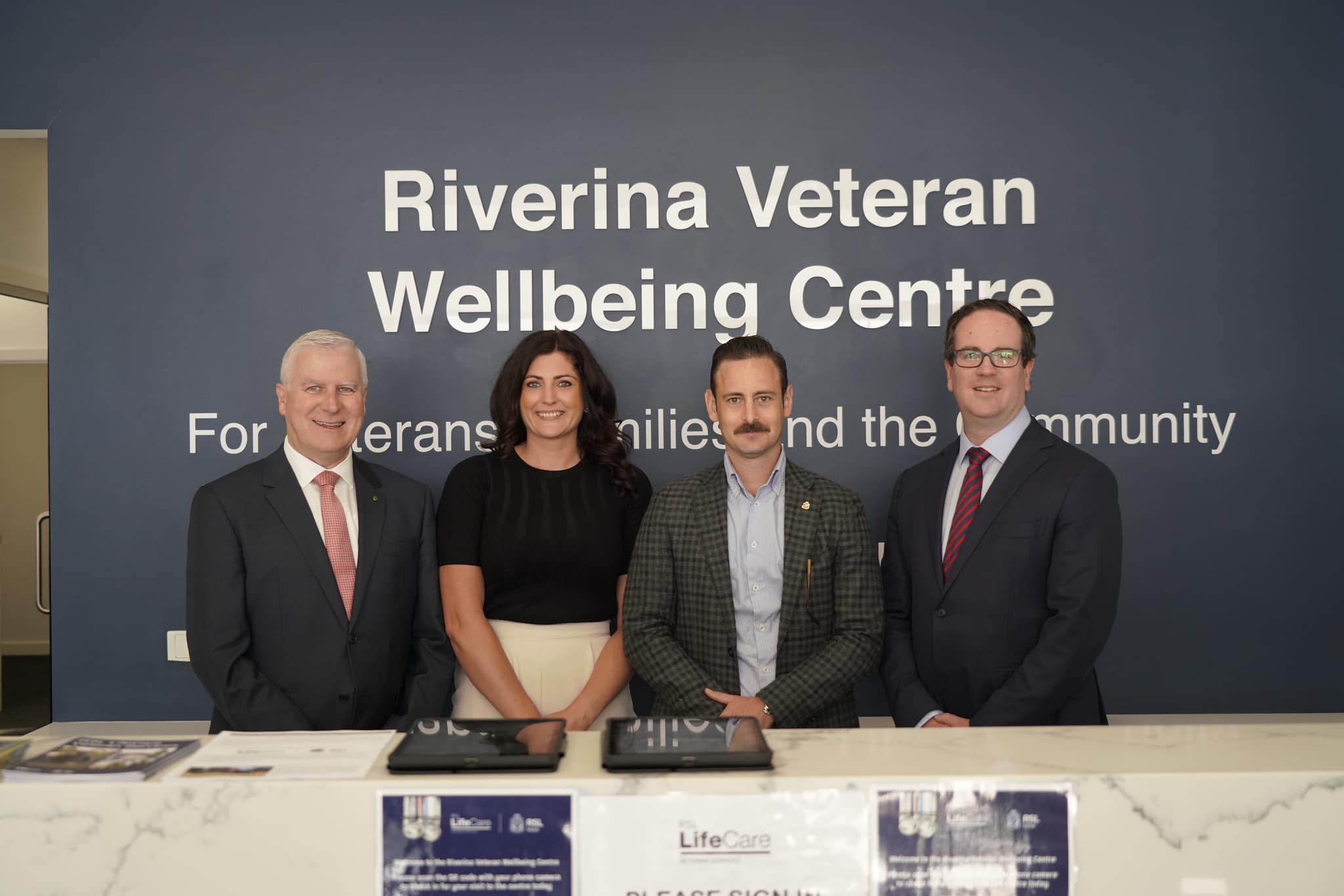
22 Nov 2023
RSL LifeCare awarded $520,341 in government funding to enhance Veteran wellbeing services in Riverina
RSL LifeCare has secured $520,341 in funding from the Albanese Government’s Veterans Wellbeing Grants One-Off program that will be...
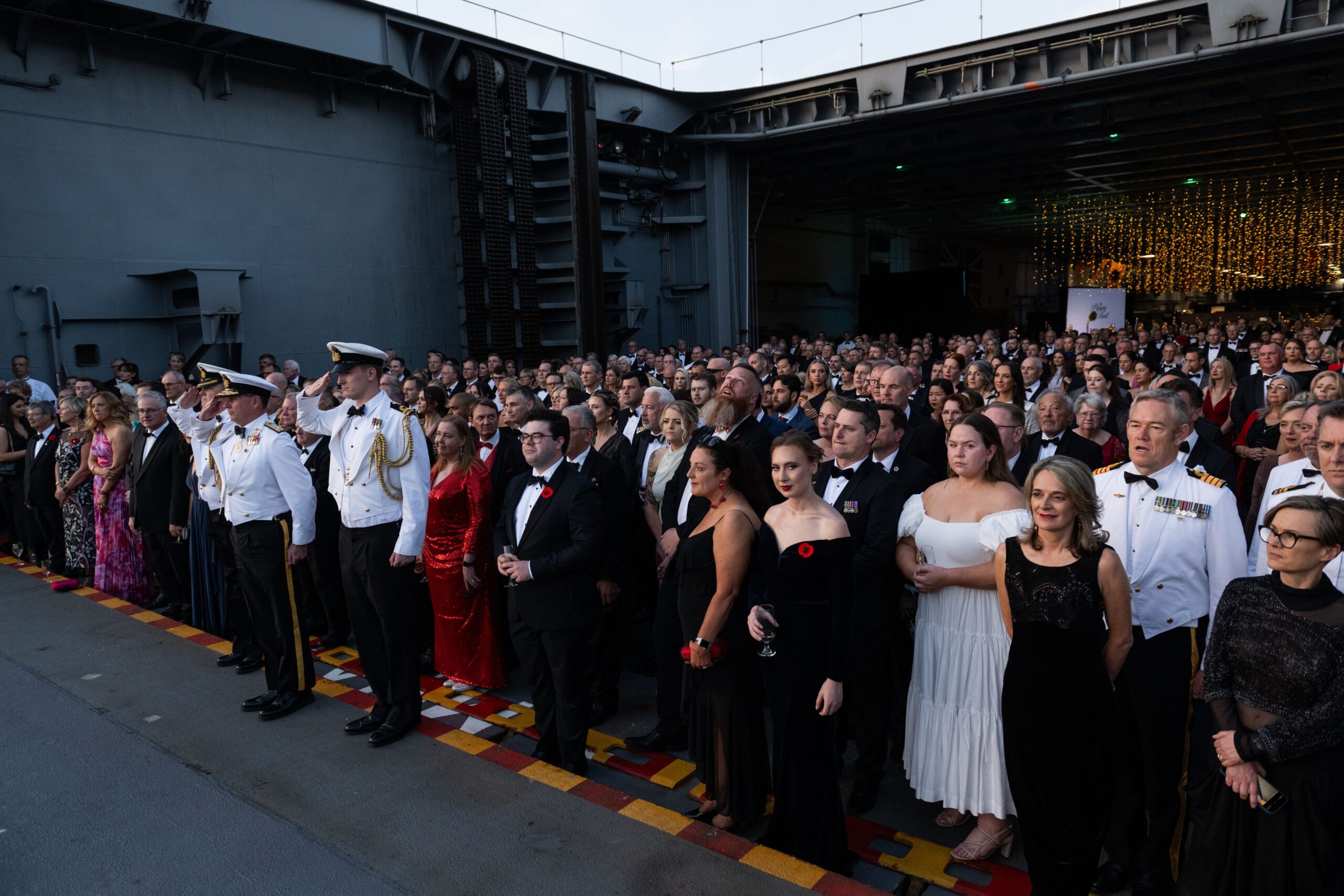
14 Nov 2023
RSL LifeCare hosts the inaugural Poppy Ball aboard HMAS Adelaide (III)
The inaugural Poppy Ball was held in Sydney on Saturday 11 November 2023 aboard the HMAS Adelaide (III). The...
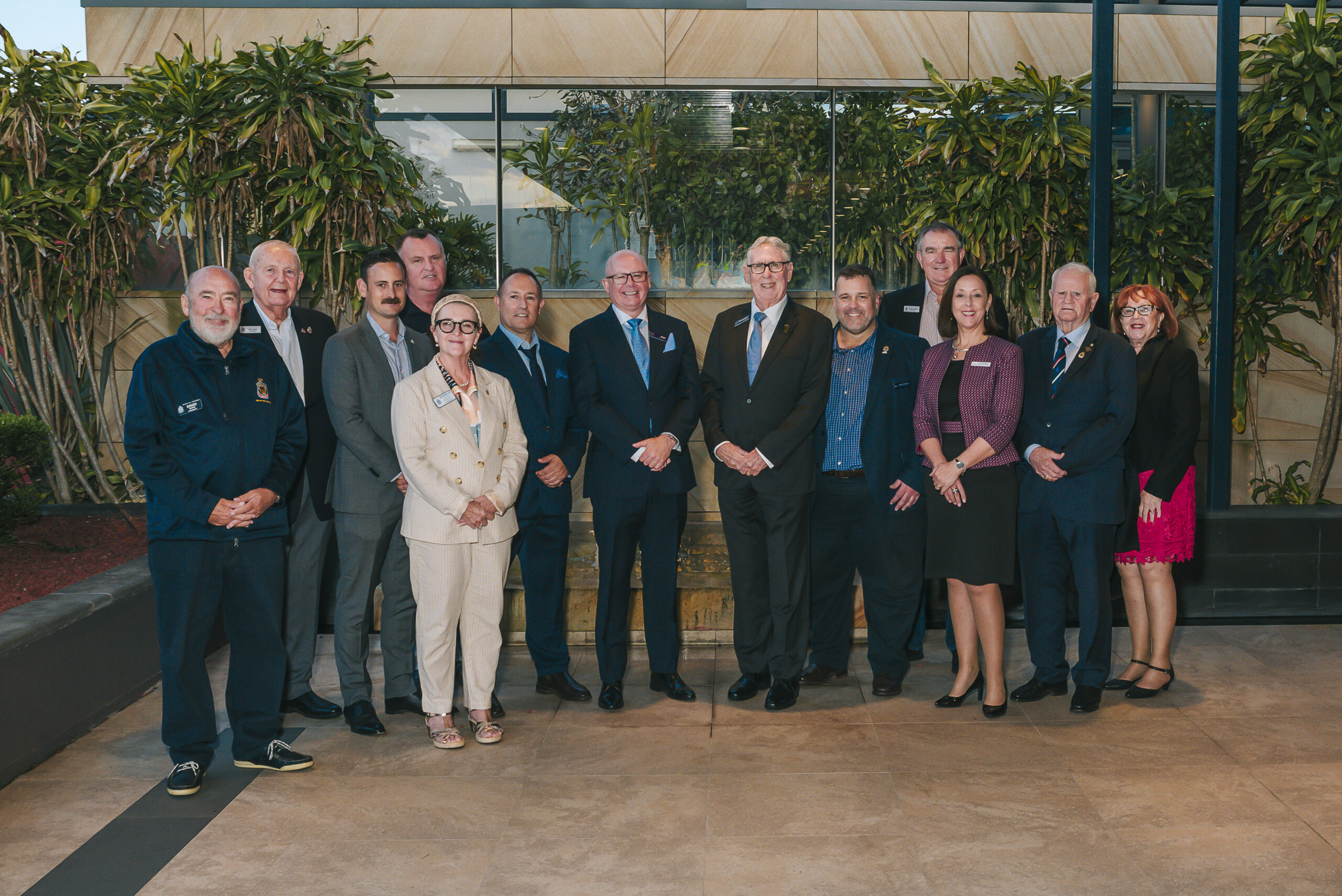
26 Sep 2023
RSL LifeCare announces plans for new Veteran Wellbeing Centre in Dee Why
RSL LifeCare is set to extend its crucial service delivery for local veterans and their families with the opening...
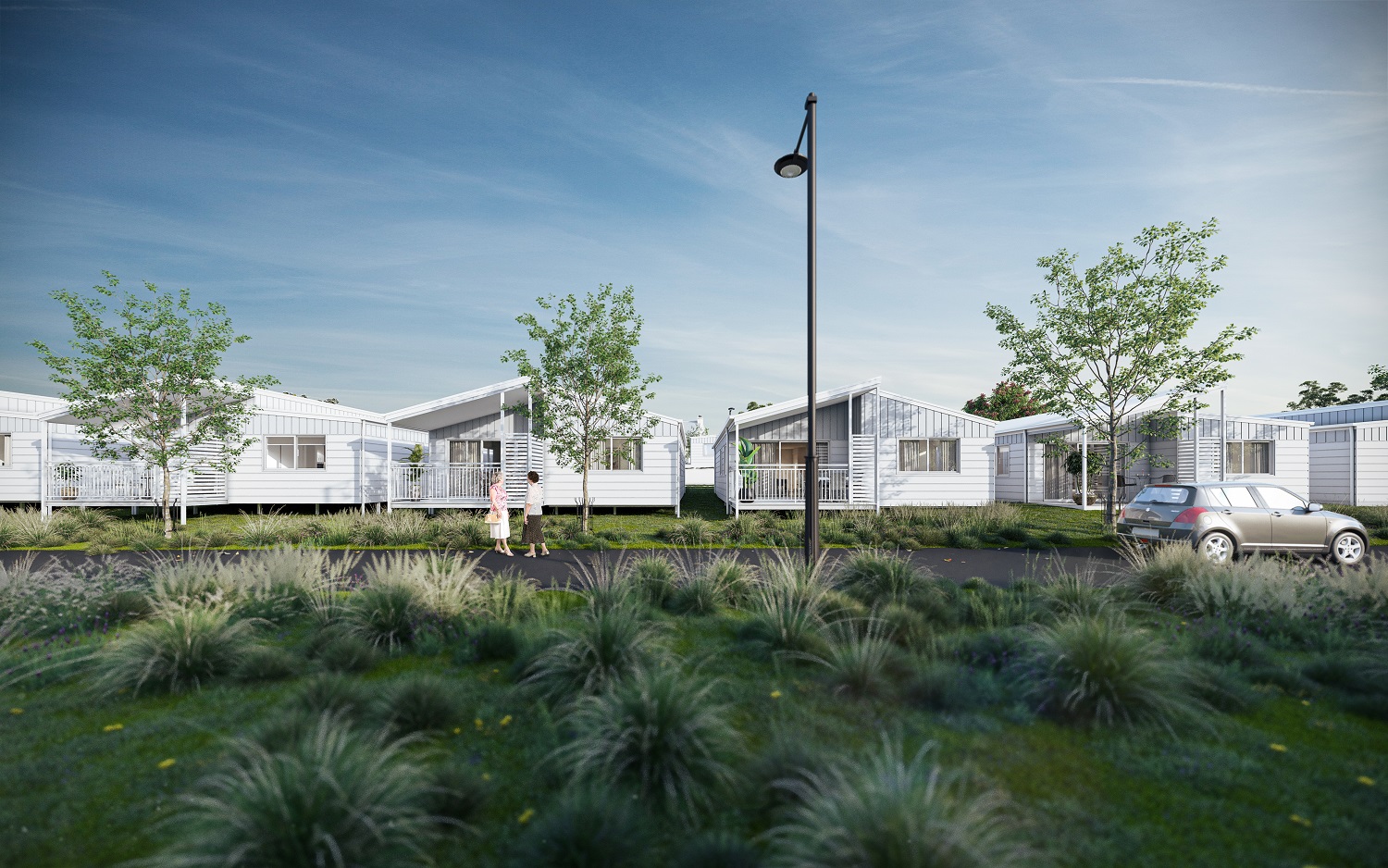
20 Sep 2023
RSL LifeCare Nowra Community Unveils Visionary Expansion, Elevating Retirement Living to New Heights
RSL LifeCare has today announced Stage 2 release of its Dumaresq Retirement Village at RSL LifeCare Nowra Community. The...
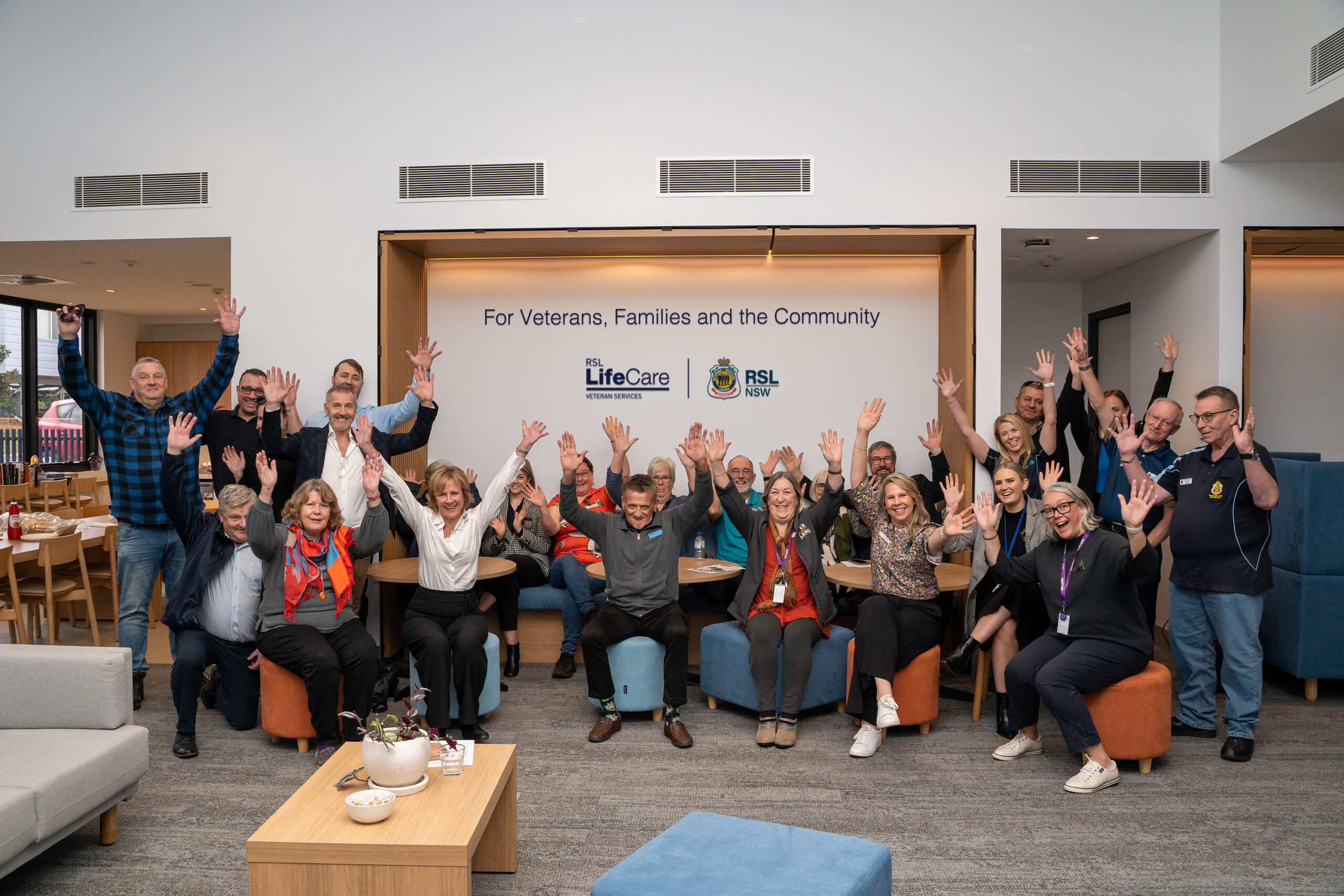
22 Aug 2023
Federal Government grant awarded to RSL LifeCare
RSL LifeCare has been awarded a $50,000 grant by the Australian Government to support the development of a business...
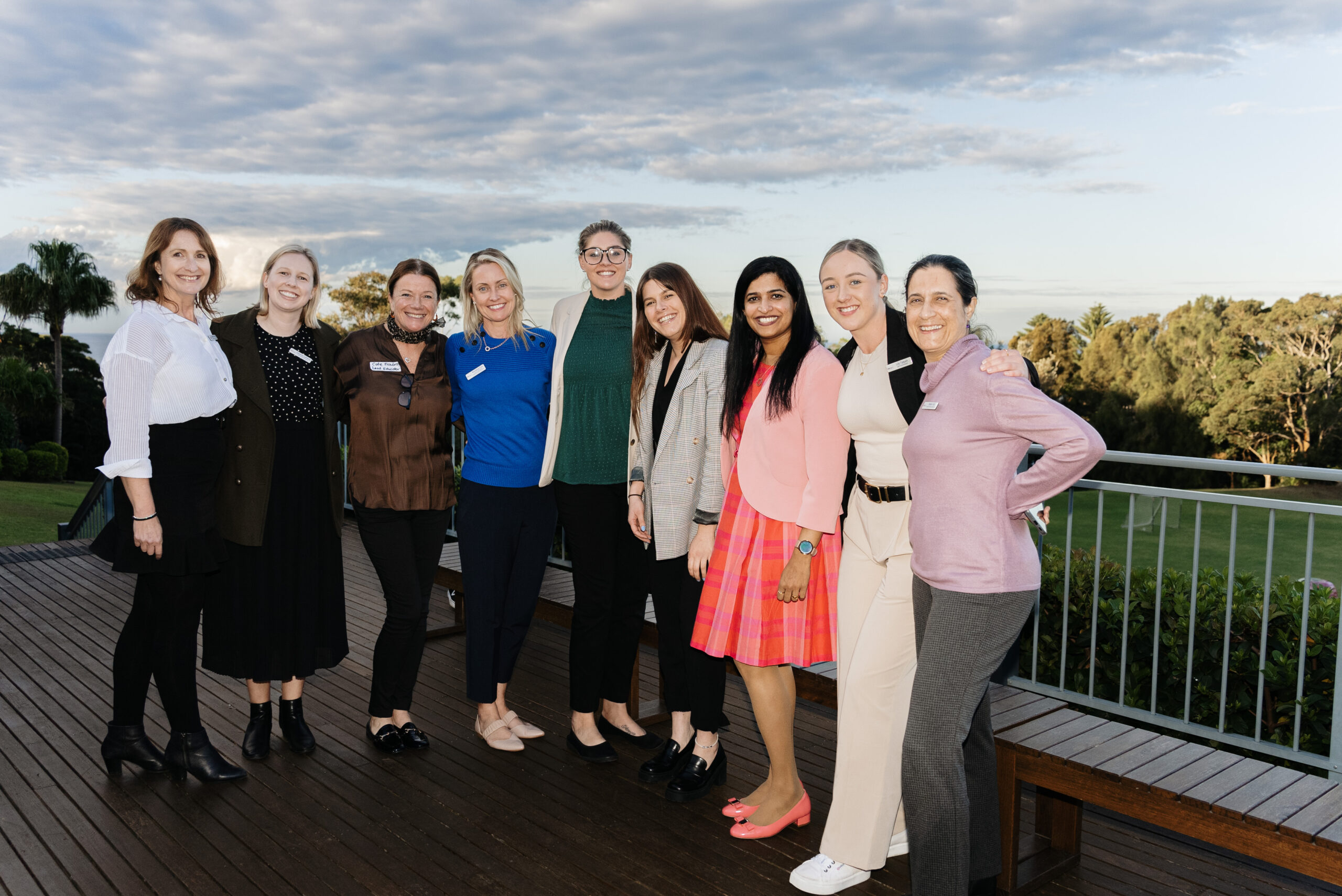
16 Aug 2023
RSL LifeCare a finalist in Best Graduate Development Program – Australian HR Awards 2023
August 2023 – RSL LifeCare’s Graduate Registered Nurse Program has been announced as a finalist in the Australian HR...
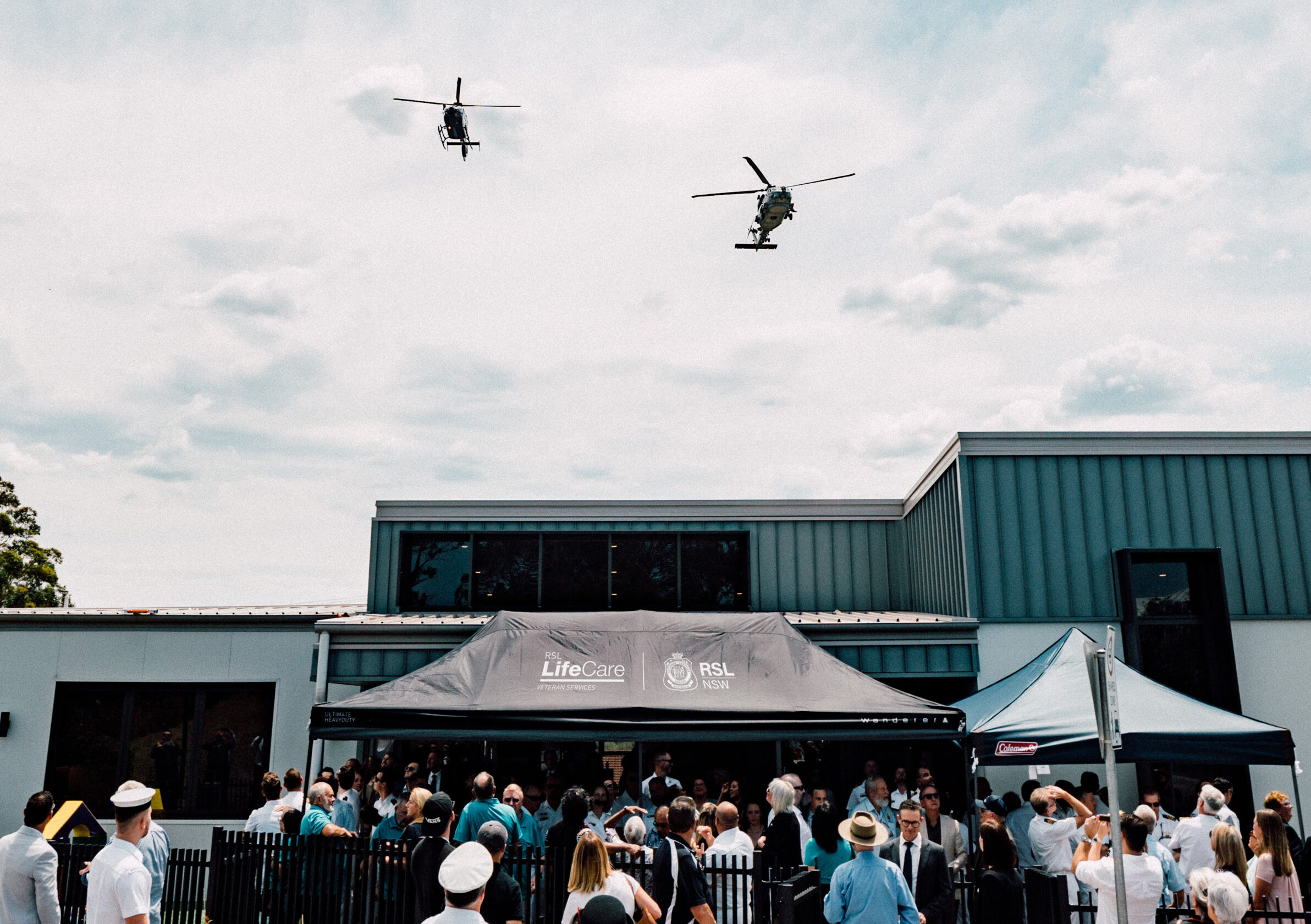
14 Aug 2023
RSL LifeCare successfully moves to the second stage in becoming the provider for a Veterans’ and Families’ Hub in both the Tweed-North Coast region and Queanbeyan.
RSL LifeCare has welcomed the opportunity by the Federal Government to submit a business case to deliver a Veterans’...

08 Mar 2023
Message from our CEO celebrating International Women’s Day
Good morning everyone, Today, on International Women’s Day, we take the opportunity to celebrate the contribution made by the...
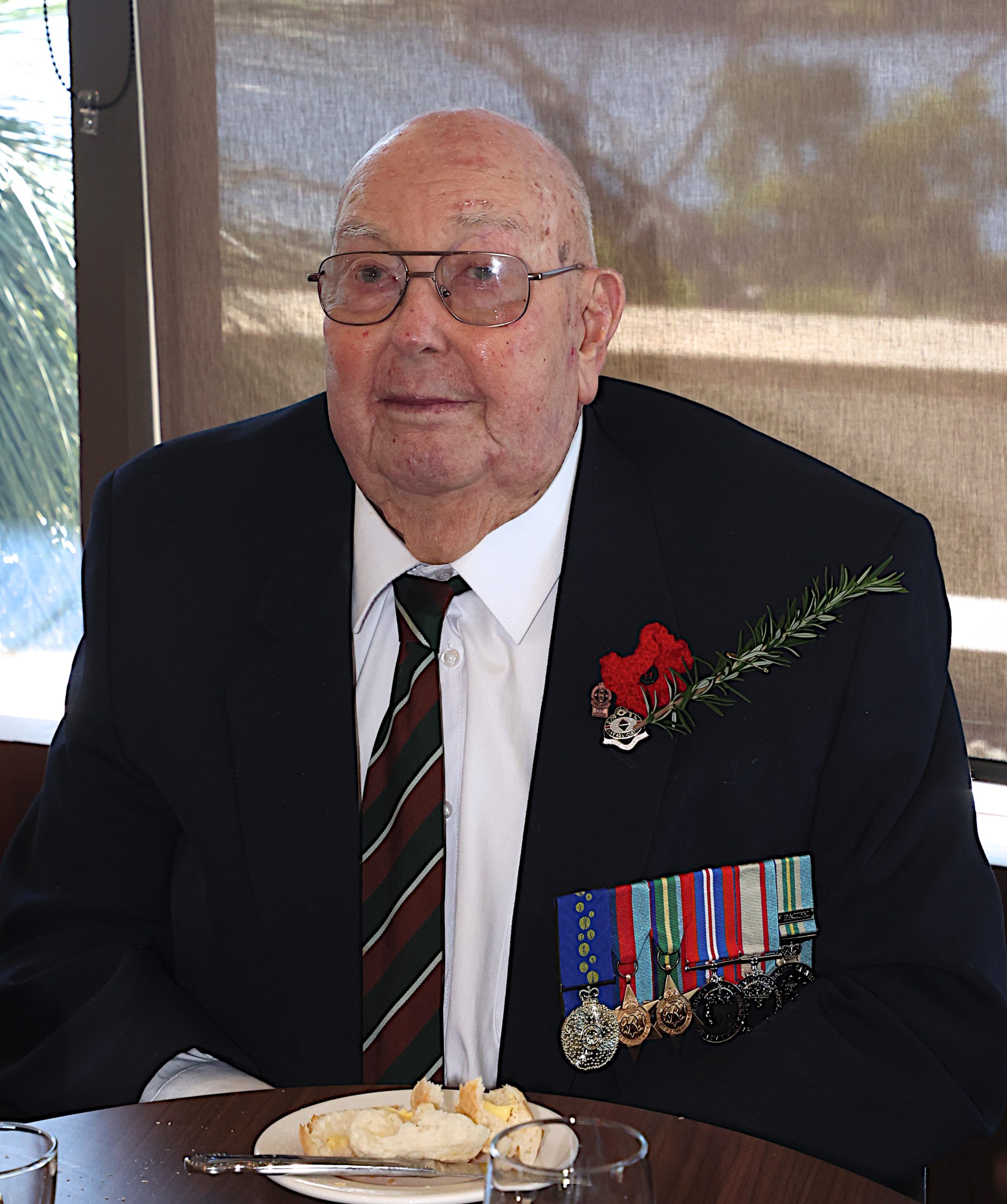
09 Jun 2022
Vale Walter Williams OAM
RSL LifeCare staff and residents alike have been deeply saddened to learn of the passing of long – time...
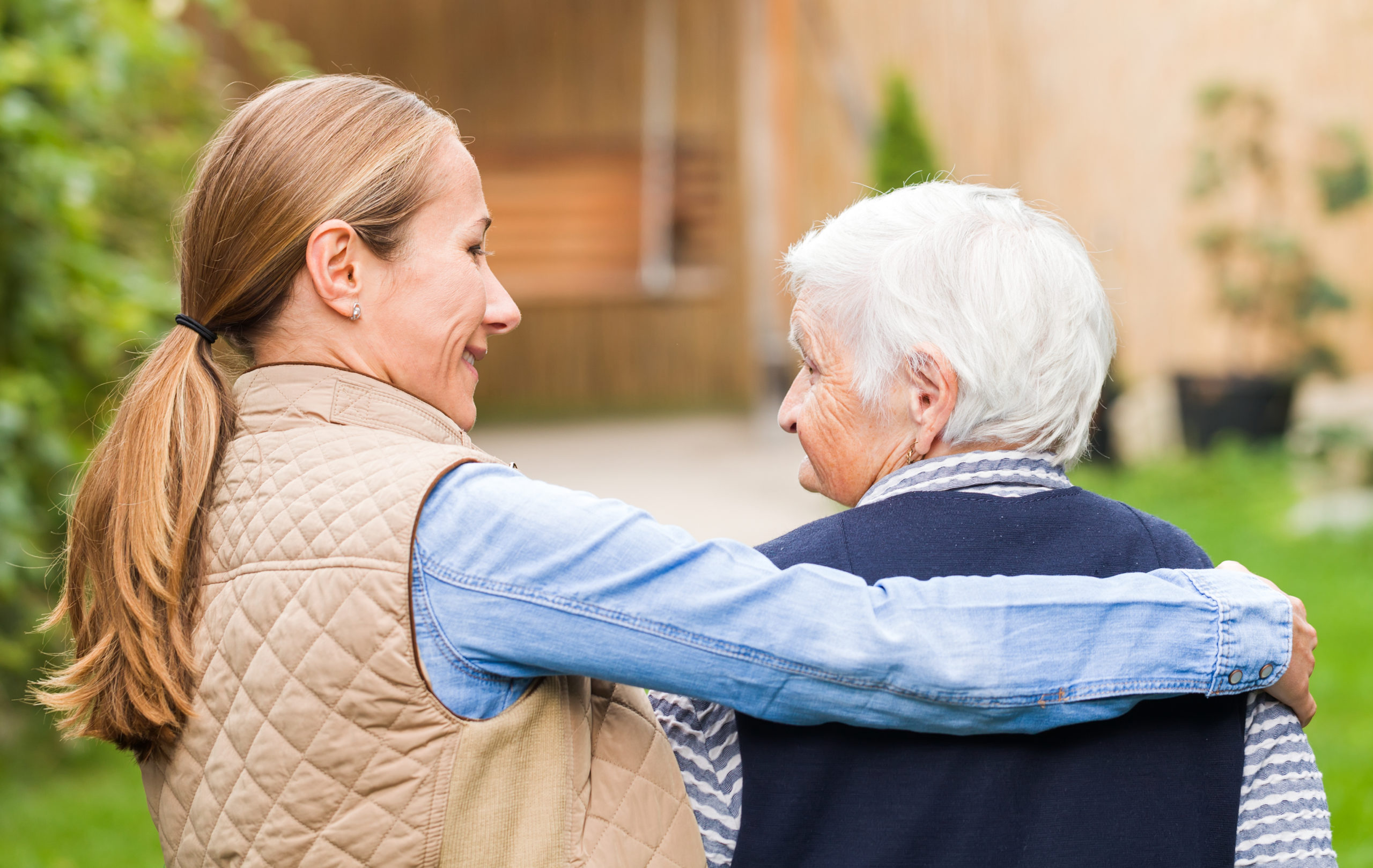
12 May 2022
Giving our nurses a voice to lead
Today, on International Nurses Day (IND) we shine a light on our nursing staff and their vital work. Our nurses...
08 Apr 2022
RSL LifeCare Veteran Services – one team supporting veterans and their families
The delivery of Veteran Services has been core to RSL LifeCare since its beginnings over 100 years ago. Now,...

20 Mar 2022
How the RSL Veterans’ Employment Program helps veterans find work
Transitioning to a different career is not always easy for veterans returning to civilian life. The RSL Veterans’ Employment...
24 Nov 2021
RSL LifeCare Annual Report 2021
I am pleased to advise that the 2021 RSL LifeCare Annual Report is now available. This annual report is...
06 Oct 2021
Rapid Antigen Test kits now available to Aged Care providers.
The Department of Health is offering Rapid Antigen Test kits to aged care providers across NSW in high-risk Local...

05 Aug 2021
Aged Care Employee Day is a day to thank everyone at RSL LifeCare.
7th August is Aged Care Employee Day. This is a day for us to thank every person who works...
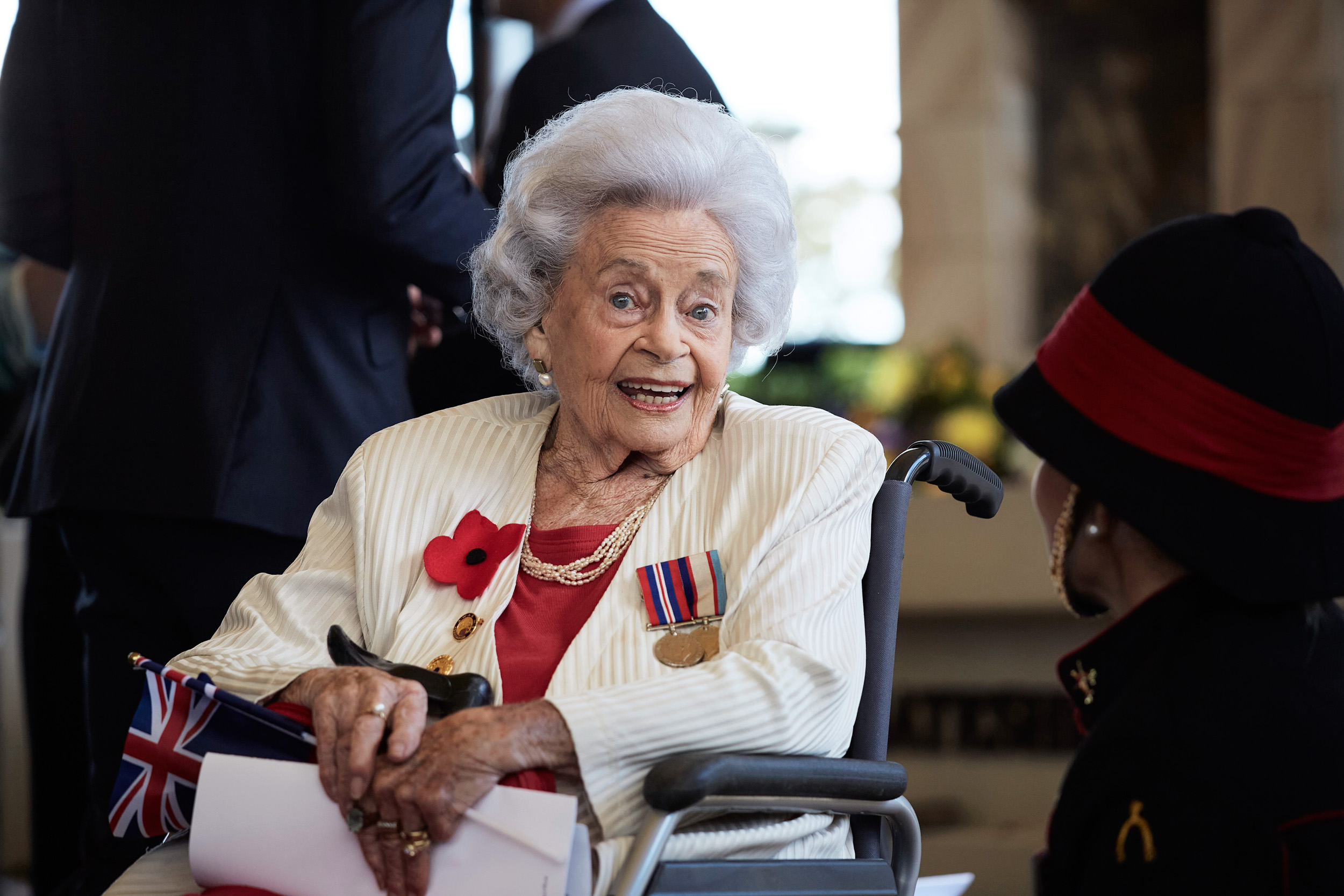
12 Jul 2021
World War 2 code breaker Marion Painter features in Sky News documentary
ANZAC Village, Narrabeen resident Marion Painter has featured in Sky News documentary, The Alliance, about her time as a...

29 Jun 2021
Aged care workers should be vaccinated on site.
AGED care provider, RSL LifeCare, have applauded the Australian Government for their decision to mandate COVID-19 vaccinations for staff...
01 Jan 2020
Annual Update – 2019
At RSL DefenceCare our mission is to meet the needs of Australian veterans and their families seeking help with...
01 Apr 2020
Quarterly Update – January-March 2020
At RSL DefenceCare our mission is to meet the needs of Australian veterans and their families seeking help with...
01 Jul 2020
Quarterly Update – April-June 2020
At RSL DefenceCare we strive to support Australian veterans and their families during times of injury, illness or crisis....
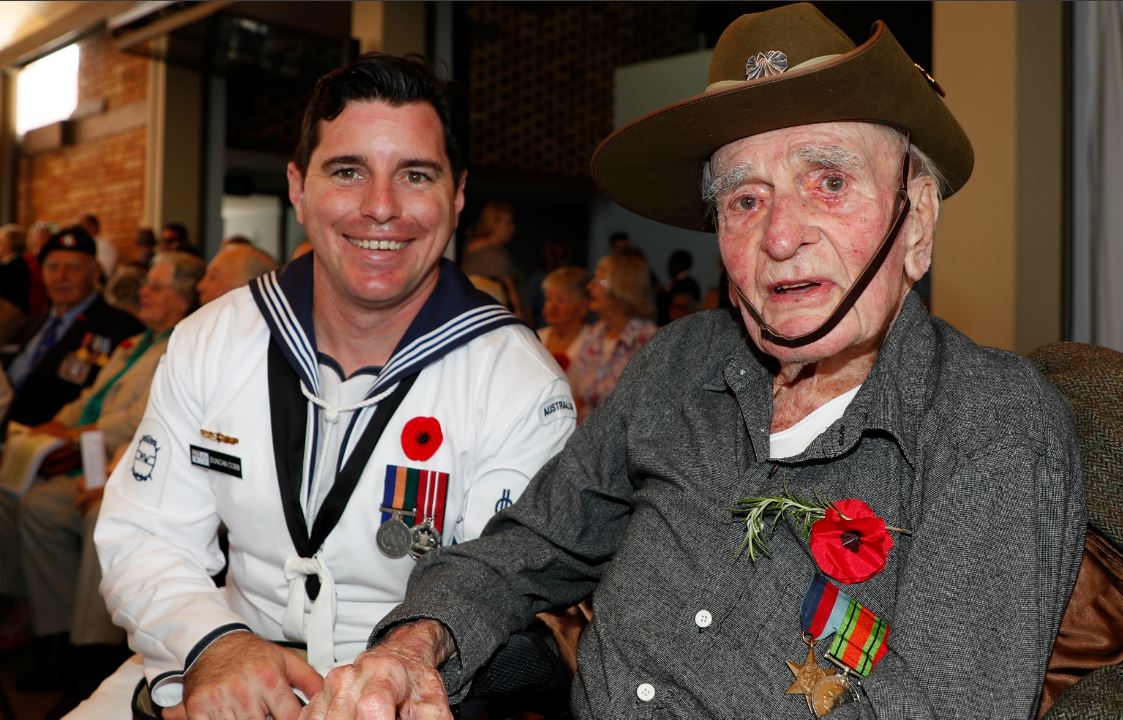
Download a brochure
We'll never share your email address and you can opt out at any time, we promise
